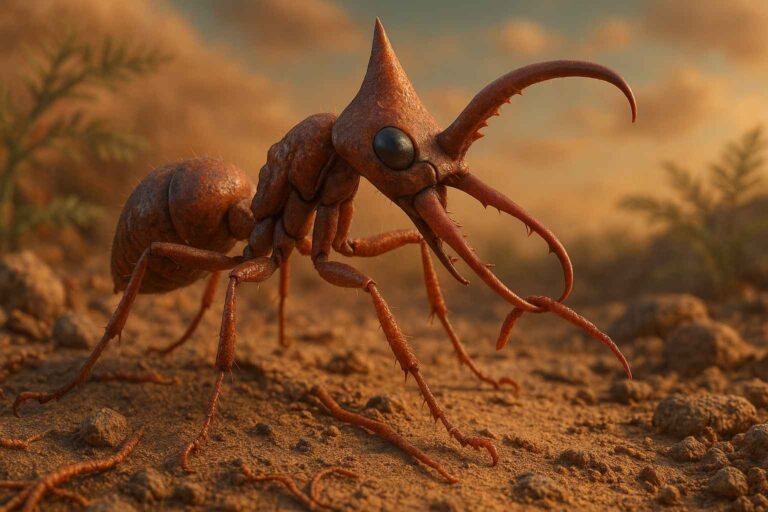
Have you ever wished plants could grow faster and healthier all on their own? Scientists have made an exciting discovery that could help plants grow stronger while using fewer fertilizers and pesticides. This could be a big deal for farmers and the environment!
Tiny Helpers for Plants
A team of researchers from North Carolina State University has found a way to use special bacteria, called Plant Growth-Promoting Bacteria (PGPBs), to help plants absorb nutrients, fight off pests, and grow better. But here’s the tricky part—these bacteria are delicate and don’t always survive when mixed with farming chemicals. So, scientists had to find a way to keep them safe and strong.
A Protective Shield for Bacteria
The researchers created a special mixture, like a salad dressing, to keep the bacteria safe. This mixture, called an emulsion, is made of a biodegradable oil and a natural polymer from plants. When mixed together, this emulsion forms tiny droplets that protect the bacteria while allowing them to be used with regular fertilizers and pesticides.
Bacteria That Stay Alive Longer
To test their idea, scientists compared how well bacteria survived in their special emulsion versus regular water. The results were amazing! The bacteria in the emulsion lived 200% to 500% longer than those in plain water. That means they could help plants for a much longer time!
Testing Against Pests
The researchers also tested how well their special mixture worked when combined with a pesticide. They found that it still killed 95% of pests within 72 hours, but at a slower and more controlled rate. This could help protect plants for a longer period of time without harming the environment as quickly.
A Step Towards Healthier Farming
This discovery could help farmers use fewer chemical fertilizers and pesticides while still protecting crops. That means healthier food, happier plants, and a cleaner environment! Scientists are now planning more tests in greenhouses and small farms to see how well the bacteria work with different plants.
So, next time you see a big green farm, just think—there could be tiny bacteria working hard underground to help plants grow strong and healthy!






